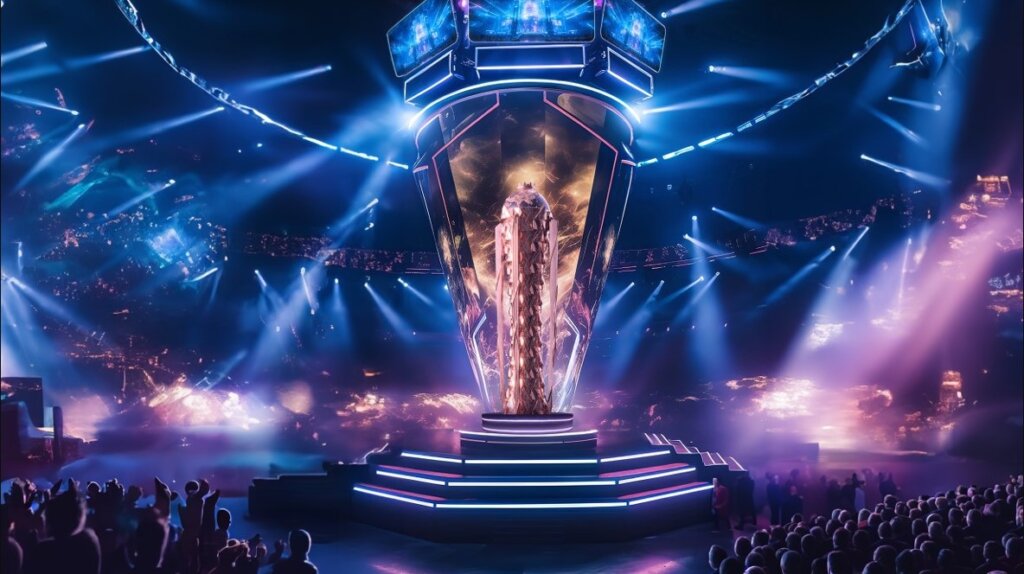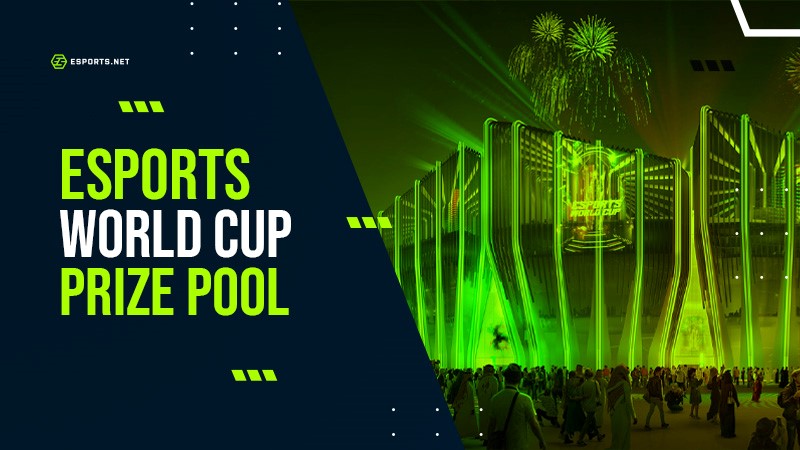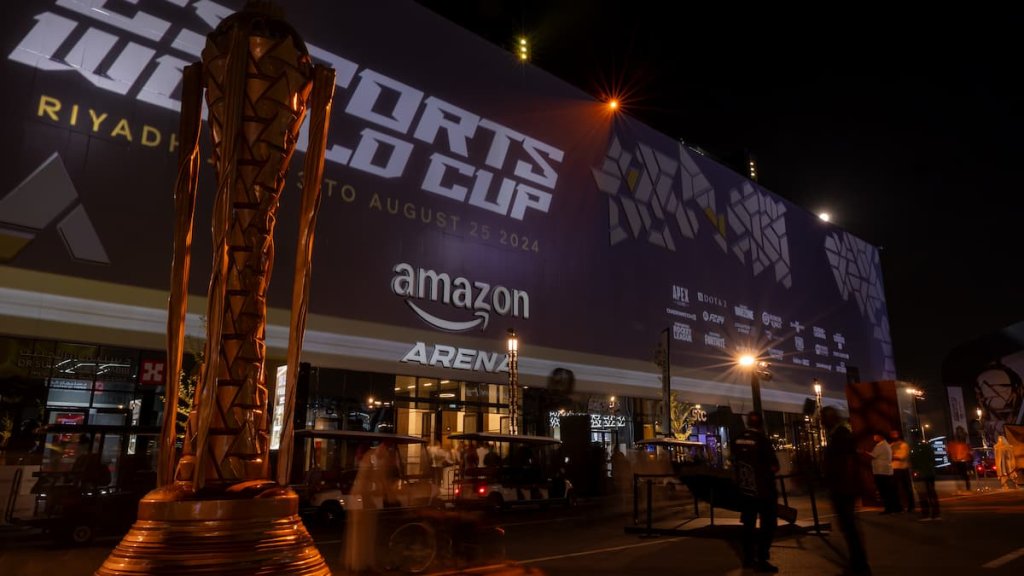
Could esports become an Olympic sport?
With esports being a global phenomenon that already captures the interest and imagination of hundreds of millions of people, a question is often asked these days: can esports be an Olympic sport?
We know that League of Legends, an esport with a player base of 100+ million, will become a medal event at the 2022 Asian Games, a competition recognized by the International Olympic Committee. So, chances are that some esports will be recognized as Olympic sports at some point in the future.
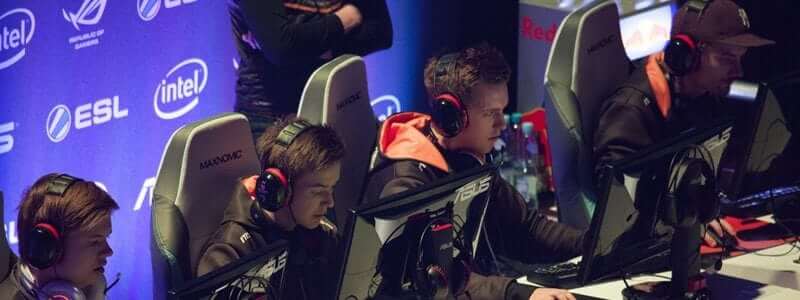
However, recognition and inclusion are two different things. Chess for instance has been recognized as an Olympic sport since the year 2000, but as of yet there have been no Chess competitions at any of the Olympics.
The 3 main arguments used by critics when it comes to the possibility of including esports in future editions of the Olympic Games are the following:
“Esports are not a sport”
The dictionary definition for the notion of “sport” is the following: an activity involving physical exertion and skill in which an individual or team competes against another or others for entertainment. And since esports have no athletic component, the critics say, they have no business in the Olympics.
Rebuttal:
They’re officially called Olympic Games, so it’s strange that mind sports or intellectual games are treated as aliens to this space. Also, it’s a known fact that peak mental fitness requires you to have a good physical condition, which is why many professional esports athletes exercise regularly and take good care of their health.
Another thing worth mentioning here is that Curling and Shooting are part of the Olympic Games, and I fail to see how those activities are more of a sport than electronic sports. I bet players like Gabriel “FalleN” Toledo put in more physical effort during a match of Counter-Strike: Global Offensive than Shooting athletes.

Not to mention StarCraft 2 players, who average around 250 APM (actions per minute).
The level of physical effort is high enough that in some cases, people can actually get injured while training and competing in esports. Two examples of this are the Dota 2 player Clinton “Fear” Loomis and the CS:GO player Olof “olofmeister” Kajbjer Gustafsson. Both of them suffered serious wrist injuries while engaging in esports activities.
“Esports’ longevity is not good enough”
Sports like Swimming or Tennis have been around for many years and will continue to be around for a very long time. But when it comes to esports titles such as League of Legends, Dota 2, Counter-Strike: Global Offensive or StarCraft 2, they may not be around in 10 years time. After all, in the video game industry most titles either die out or are left with a tiny audience after a number of years. And if that’s the case, what’s the point of including esports in the Olympics? The thing you play today may be completely obsolete and forgotten 4-8 years from now.
Rebuttal:
The most successful esports titles you see today go back, in one way or another, 15 or even 20 years. And while it’s true that some are significantly more popular than others, the same can be said of any sport.
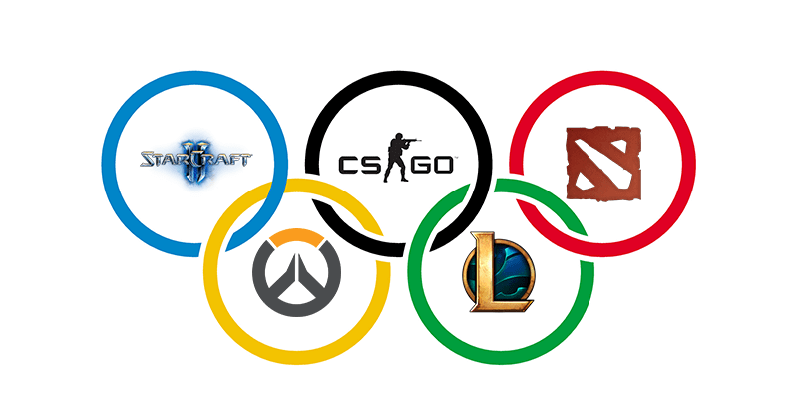
StarCraft 2 is a sequel to StarCraft and its expansion set Brood War, so the game has been around for 20 years. League of Legends and Dota 2 also have ancient roots (pun intended). Counter-Strike: Global Offensive was a natural upgrade in the Counter-Strike series, so it too has been around for almost 20 years.
All of these electronic sports and several others have a lot o history behind them and have reached a point where they are well-balanced and almost fully mature. And given that they’re still being played both for fun as well as professionally after all this time is evidence that maybe this whole esports phenomenon isn’t a temporary thing. The industry is rapidly growing and the financial forecasts clearly indicate that esports will be around for many years to come.
“Esports promote violence and are not suited for a worldwide audience”
In most esports, people engage in some form of violence. In CS:GO you’re trying to kill player controlled people. In League of Legends, Dota 2 and other MOBA titles you’re trying to kill player controlled champions or heroes. In StarCraft 2 your goal is to annihilate the race of your opponent (so it seems that StarCraft 2, in spite of the appearances, is the most violent esport of them all – kappa).
Rebuttal:
Although it’s true that many esports contain some form of violence, this is clearly not the type of violence that encourages people to go out and harm others in the real world. It doesn’t build in people’s minds the kinds of ideologies that are linked to violent behavior.

A sane person could never possibly confuse the world of esports with the reality of daily life, nor be inspired by esports to do evil deeds.
Another problem with the violence argument is that it implicitly creates a double standard.
If you’re worried about digital violence that doesn’t actually hurt anybody, how come you’re not worried about real violence that can lead to serious injuries and even death in some cases? Sports like Boxing, Freestyle Wrestling, Judo and others, in which people can easily hurt each other (and often do), are part of the Olympic Games. Aren’t those problematic as well? Surely, the type of violence they display is a lot more visceral and real than the kind you see in video games.
As someone who loves esports, I do believe that some esports titles clearly deserve to be recognized as Olympic sports and included in future editions of the Olympic Games. If you disagree, let me know why. I want to know if there truly is something to the claim that esports shouldn’t be part of the Olympics other than prejudice and selfish motivations.

